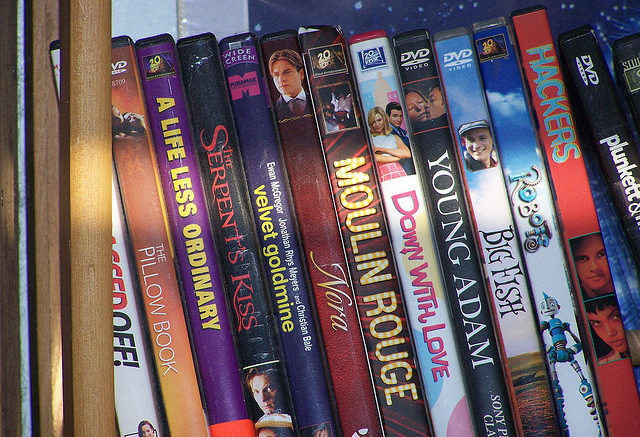Who bingewatched five years ago? It wasn’t unheard of, but it was something you did in the summer when nothing else was on and you wanted to get caught up. There were a few early bingewatching hits out there…24, Lost, just to name two, but it wasn’t part of our lifestyles. Why? Because in order to bingewatch you either needed a channel that was going to show 12 episodes in a row or you needed to actually get off your duff and go to the video store to get the discs you wanted.
Streaming changed that, of course. Netflix changed the way we really understood a “season” of TV by releasing shows from beginning to end, available 24 hours a day. They upped the ante by releasing an entire show at a time meaning you didn’t even have to wait a year or so to bingewatch. The revolution that started with the DVR shifted into high gear with the introduction of bingewatching.
By now, it’s not even necessary to define the term. Everyone has their own impression of what constitutes a bingewatch, but I contend that if you look outside after watching episodes of the same show and you’re surprised that it’s light or dark, that’s a bingewatch. And for the record, I tried to get people to call it “season-slamming” but everyone knows I’m no good at naming trends.
Christy Tanner of CBS, who has a much better pedigree than I do says, that bingewatching is causing us to watch more video entertainment, and causing studios to think more creatively about how that video is produced. (Don’t trust me, read her article yourself.) Certainly she’s right. Bingewatching gives us a whole new perspective on old shows and lets new shows tell stories in new ways. It becomes possible for people to tolerate and understand complex, long-form plots, but it also stretches people’s tolerance for repetition.
Having recently bingewatched about a season and a half of Friends in the course of a few days, I found the show’s overuse of the same establishing shots and music really annoying. In the nineties, music cues were incredibly overused but with most of the population watching live, they were an easy way to help the audience get back into the pace of the show. You only heard the same sound cue once a week, so you didn’t really get bothered with it. I also found it pretty distracting to notice how actors changed from episode to episode, probably due to a several-months-long gap in filming that was never represented in the timeline of the show.
On the other hand, a show like Orange is the New Black or House of Cards is immaculately careful in the way their characters look, the way the show sounds, and that’s likely because the producers know that people spend mere hours between the beginning and end of the season and are likely to remember a bobble in the production. This leads to greater attention to detail and that’s a good thing. It’s also led (thus far) to less overuse of music cues and I have to say I’m glad for that as well.
Of course, those are somewhat superficial things compared to the actual writing and acting on television today, which is without a doubt better and more complex than ever. Lost was one of the first programs to consciously try to sustain a super-complex world through several seasons and today it seems hopelessly chaotic with tons of dead ends and inconsistencies. (Who was dropping the food anyway, and why were they still doing it after all those years?) House of Cards is infinitely more careful in its machinations, and Orange is the New Black seems to be the king of attention to detail in its writing, employing Lost-style flashbacks to much better and more consistent effect.
The downside of course to all of this great entertainment is that it really takes its toll on the number of productive things we get done in an average day, and sooner or later we’ll have to deal with that. After all, sooner or later we all run out of clean laundry. Then what shall we do?





